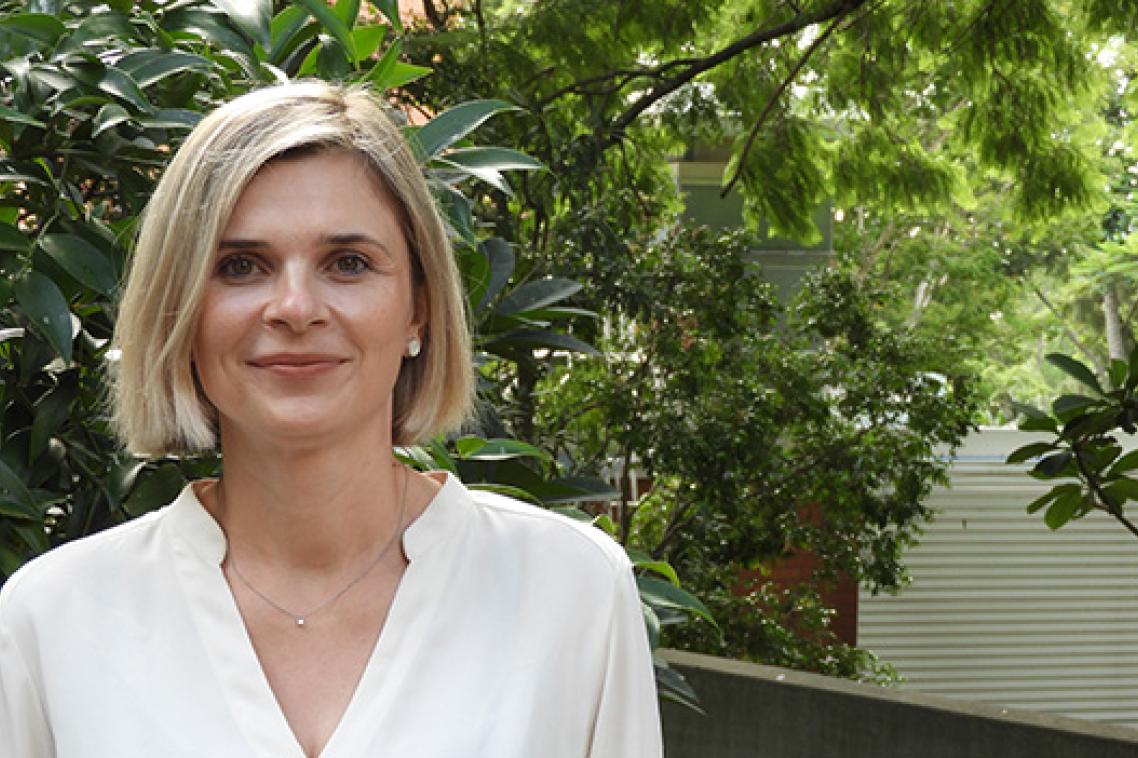Rejuvenating the immune system supports brain repair after injury

Researchers have identified a major shift in how to treat brain injuries, after rejuvenating immune cells to support the repair process.
The University of Queensland study focused on the brain’s learning and memory centre, the hippocampus, and its unique ability to produce new brain nerve cells during adult life, which is critical for learning.
The team used animal models to investigate how the immune system interacts with brain nerve cells after injury and how this influenced the ability to learn and remember.
UQ School of Biomedical Sciences and Queensland Brain Institute researcher Dr Jana Vukovic said up until now, the brain’s immune cells, known as microglia, were considered to drive inflammation, resulting in cognitive deficits after injury.
“However, when we removed microglia from mice we were surprised that there was absolutely no change in their behaviour or ability to repair brain tissue,” she said.
Dr Vukovic’s team then depleted microglia and allowed them to repopulate the brain, finding this profoundly increased brain repair.
“The rejuvenated microglia improved the mice’s learning and memory, preserved tissue loss and stimulated the birth of neurons,” said Dr Vukovic.
“We have shown that microglia, in part, have been misunderstood and that we need to learn more about how they support and stimulate pathways to promote repair.”
Brain injuries impact on a person’s ability to concentrate, make decisions, learn and remember, and can range from mild to severe, and be short-term or permanent.
PhD candidate Emily Willis said the findings may lead to the development of therapeutics that alleviate learning and memory deficits associated with a wide range of neurological conditions, such as brain injury and dementia.
“It’s no longer about inhibiting microglia’s pro-inflammatory elements, it’s about finding a way to shift them to a state that supports brain repair,” Ms Willis said.
The research involved collaborators from UQ’s Institute for Molecular Bioscience, UQ’s Queensland Brain Institute, QIMR Berghofer Medical Research Institute, Oxford University, Christian-Albrechts-Universität zu Kiel and American drug discovery company, Plexxikon.
The study was published in the Cell, (DOI: 10.1016/j.cell.2020.02.013).
Media: Dr Jana Vukovic, j.vukovic@uq.edu.au, Faculty of Medicine Communications, med.media@uq.edu.au, +61 7 3365 5133, +61 436 368 746.
Topics
Related articles

Australia needs doctors – so why are hundreds of qualified international physicians unable to work?

Greater attention needed on community service workforce
Media contact
UQ Communications
communications@uq.edu.au
+61 429 056 139
